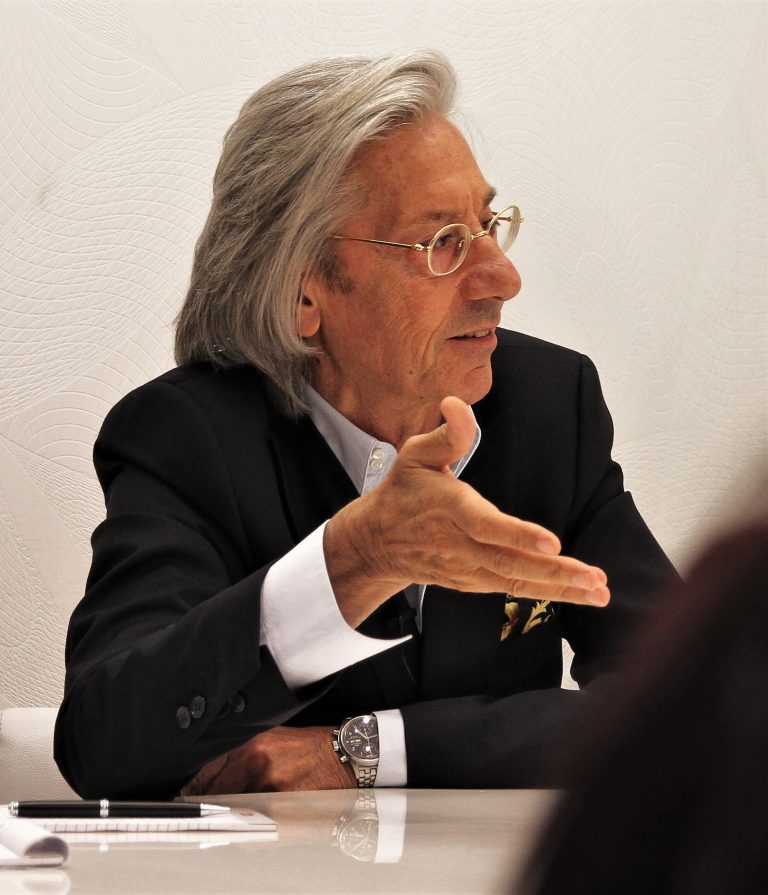Icaro’s Way
Problem and Solution
The myth of Daedalus, the man imprisoned in the labyrinth, his own creation, is the oldest myth that our civilization recalls. Its origin is lost in the mists of time. In the western culture there is no prototypical idea more emblematic of our own condition.
Humanity, in fact, is enclosed in a labyrinth. It languishes since immemorial time in a prison of repetitiveness, without ever finding a solution to its problems. Calamities and global challenges we have to face are innumerable and grave: from world pollution to poverty, from the death of a child every seven seconds due to hunger to the thousand conflicts and hatred between countries and different ethnic groups. The domineering characteristic of man’s problematic reality seems to be its unsolvability. Everyone is searching for solutions. Men, governments, civilizations would like to know the way out of this labyrinth, to possess Ariadne’s thread and the wings of Icarus.
In the sphere of research conducted on leadership and of the studies on the decision-making process done in the Institute of Entrepreneurial Psychology of the European School of Economics, we asked ourselves why humanity’s problems are, not only unresolved, but, in time, they have become more acute. Even the phenomenon of famine in the world has worsened. Though we possess the most advanced means and techniques, paradoxically, we are now producing less food for the third world then forty years ago.
We are the descendents of Sisyphus, condemned to the same torment. Since millennia we have pushed uphill our problems as heavy huge stones, just to see them rolling down to the bottom before reaching the top. And to start again, endlessly. We shift our problems to another place or pospone them to another time and then we call this solution. We were inadequate in the Stone Age, when we could only count on our bare hands and we still are now in this digital era with atomic energy and internet.
It is time to identify the reason of our powerlessness.





